Issue 23 : 10 February 2019
Talofa Lava, Kia Orana, Malo E Leilei, Tena Koutou, Hello ...
... and welcome to the latest issue of “For The Love Of The Game”, the official e-zine of the New Zealand Amateur Sport Association Inc. We hope you enjoy reading the articles below.
If you have any feedback on this issue, ideas for future articles, or would like to contact the Editor, please click here. And, you are invited to forward the e-zine to others you know, who may be interested in reading it.
If you are interested in applying for membership of the Association, please click here.
Reminder : Auckland Seminar - Amateur Club Survey ...
A reminder that the Association’s Auckland seminar, based on insights from 2018’s inaugural National Amateur Club Survey, will be held on Wednesday, 20 February.
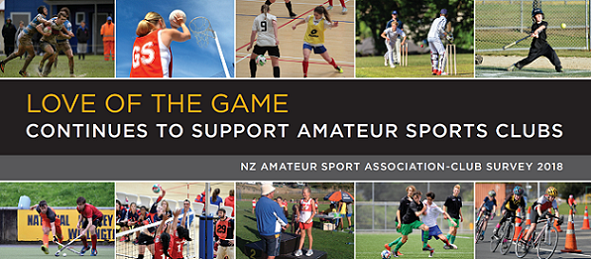
The seminar will be held between 5.00pm and 6.00pm at AUT’s South Campus, 640 Great South Rd, in Manukau. To register to attend, please click here.
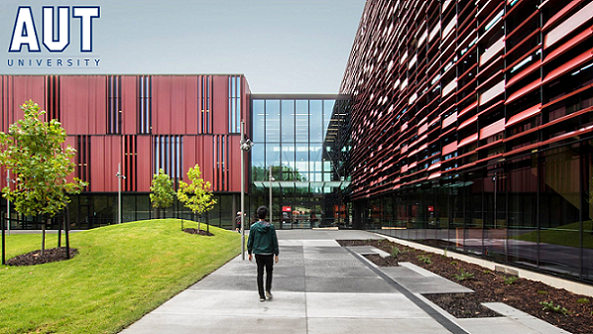
Viewpoint : Club Amalgamations – A Descent To Oblivion? ...
Conventional sporting wisdom suggests that community clubs experiencing financial difficulty arising from increasing costs, reducing income, (or a combination of the two factors), amalgamate with a neighbouring club to remain viable.

In many cases, the stronger of the merged entities declares the amalgamation to be a success, while the entity acquiescing to amalgamation experiences disappointment (and disappears). While amalgamation generally infers an "equal merger", it can quickly become an "unequal takeover" by the stronger of the amalgamating parties.
In the process of amalgamation, community-based clubs often lose their sense of community and identity. As this Association believes (and as confirmed by last year’s National Amateur Club Survey), a community club is about much more than the sport itself.
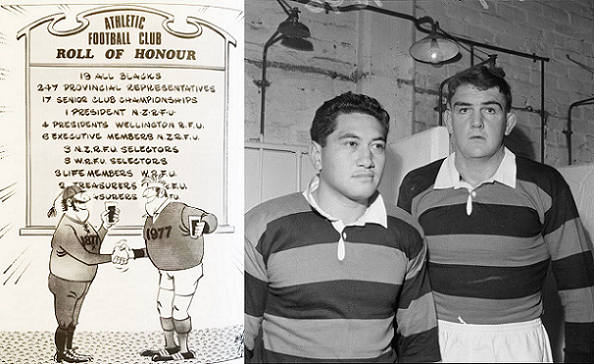
(In 1977, the Athletic RFC celebrated 100 years; it's 1983 amalgamation has been troubled)
Admittedly, in the era of professional sport, not all community clubs share the same objectives. Some exist primarily for the benefit of "community well-being" (a policy goal of the current Government), while others have aligned themselves to elite development pathways to feed raw talent into commercial sport. In some cases, the touted benefits of amalgamation are masked by these conflicting objectives. Sports governing bodies have a duty to their codes to vigilantly define the objectives of clubs considering amalgamation.
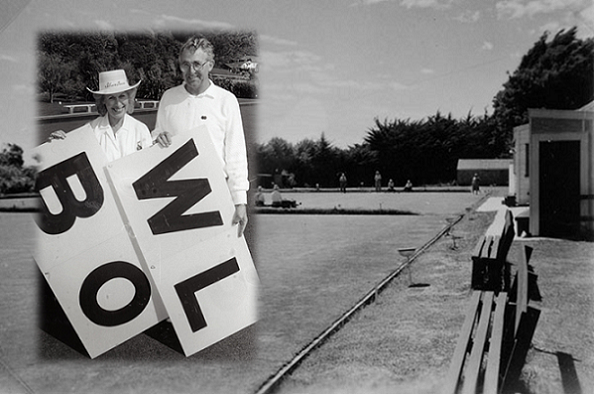
(Asset rich and cash poor, many Bowling Clubs nationally face the prospect of amalgamation)
In a timely challenge to conventional wisdom, sports governing bodies could consider another way to achieve the benefits of amalgamation without sacrificing the identity of the amalgamating parties. The synergies (financial and otherwise) created through the merging of governance and operations into an umbrella entity can create the amalgamation benefits desired, without sacrificing the community-based identities of the participating parties.
It is an elegant, practical and pragmatic solution, which simply requires genuine goodwill and honesty between all parties, based on their shared “love of the game”.
Association Teams-Up With Sport Wellington ...
The Association is teaming-up with Sport Wellington to develop a Funding and Sponsorship workshop for use by Regional Sporting Organisations with their local community clubs.

The workshop is intended to profile: a “best-practice club” and how they have connected and maintained sponsorship relationships; a “business sponsor” and what they look for and expect in sponsoring a club; a funding organisation (e.g .Community Trust) and what is the best way to have a relationship with them; as well as looking at philanthropic funding.
Why Community Clubs Matter ...
A 2015 study undertaken on the state of AFL (the Australian Football League) in Tasmania (which compared Tasmania to other Australian states), reported a number of key insights about the role of clubs in the community. An excerpt from Jonathan West’s excellent essay in the "Griffith Review", which references the outcomes of this study, is below.

“Youth who participate actively in organised sport perform far better than their peers, not just in athletic pursuits, but in life. They are less likely to be out of a job, less likely to smoke, less likely to abuse drugs, less likely to be obese and more likely to succeed in school and beyond."
"A study of the decline of Victorian country towns discovered that the single most dangerous development for a town in trouble – that is, the most strongly correlated predictor of its demise – was not loss of the school, or local bank, or post office, bad as these were, but loss of the local football team."
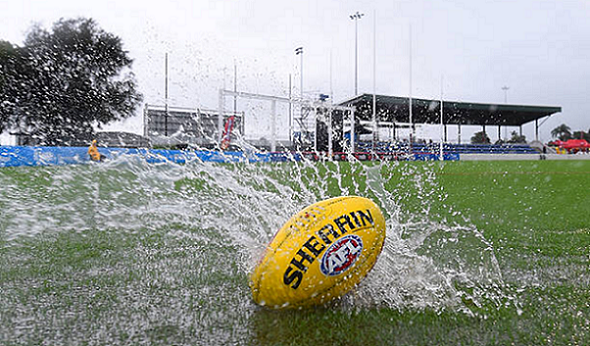
"When towns lost the ability to finance, support and field a local team, they were almost always on the slipperiest slide to extinction. And the converse is also true – a thriving local football club was one of the best predictors of other measures of community vigour, including demographic stability, health and education statistics.”
You can read the full article here.
High Performance Sport NZ Allocates $36 Million Of Funding ...
In December, High Performance Sport New Zealand announced a $36 million core investment programme for 2019. Investment allocations were based on four contestable criteria: past performance; future potential; quality of the individual sport's high performance programme; and campaigns and "aspects of the individual sport context".
In response, journalist Madeleine Chapman asked why High Performance Sport New Zealand funding is not linked to growing participation, given the organisation’s focus is to “inspire the nation through winning on the world stage”.

In particular, Chapman notes that Basketball (now the third most popular sport in New Zealand secondary schools) has received only 0.42% of the total funding allocation in 2019, while Canoe Racing (for example) has received 13 times that amount. She writes there is a “... heavy emphasis on niche, minority sports that few adults - and even fewer children - compete in.”
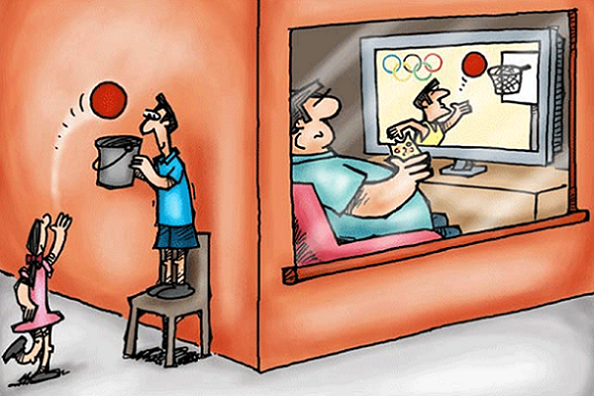
You can read the full article here.
From The Archives ...
SPORT PROTECTION SOCIETY
AUCKLAND STAR, VOLUME XLI, ISSUE 197, 20 AUGUST 1910
“A conference of the various sporting organisations, convened by the Citizens League, was held in the Chamber of Commerce last evening for the purpose of considering the necessity of forming a Mutual Sporty Protection Association.
Mr. W. E. Hackett, stated that the league, in convening the conference, was actuated by a desire to carry out one of its many objects, which was the taking of rational and intelligent interest in all matters affecting the community. So far as sport was affected, the trend of recent happenings had demonstrated that organised attempts were being made to cause grievous inroads in some of our most popular sports. racing, boxing, coursing, billiards, and others had already received unwelcome attention, and in due course further branches of sport would doubtless be attacked.
The committee of the league considered it was now time that sportsmen should assert their right to conduct their own sports and join together to successfully combat the tendency of interference on the part of people who did not interest themselves in or support any branch of sport He hoped that a genuine expression of opinion would be forthcoming from the various delegates, and that the result would be a union of all good sports for the protection of their mutual interests.”
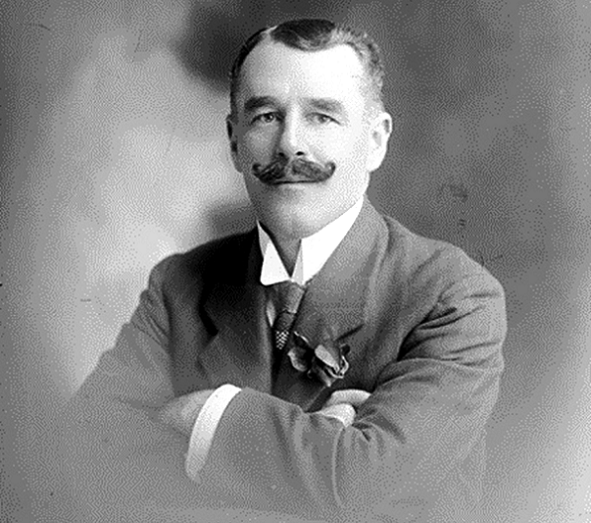
(William Edward Hackett, President of the Mutual Sports Protection Association)
The Mutual Sport Protection Association was formed in Auckland in August 1910, with the objectives of “creating a healthy and rational public opinion in all matters relating to our legitimate sports and pastimes” and “counteracting the influence of any parties or sections of the people who, having for their objects the imposition of extreme views and measures upon the community, thereby assail, detract from, or injure any legitimate form of sport or pastime.”
In particular, the Association was against the influence of teetotallers and those opposed to sports-betting. As the NZ Truth newspaper reported following the formation of the Association “... there is every reason to believe that there will be a great rally, which should be a triumphant counterblast to the wailings of decrepit old croakers, who wish to choke the manliness and true sporting spirit out of the young New ZeaIander.”
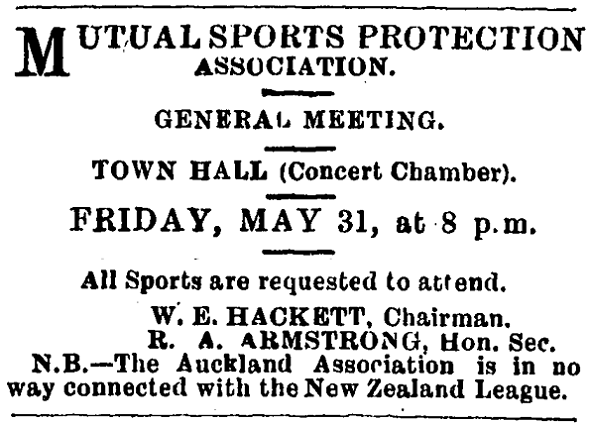
William Edward Hackett, a solicitor of the Supreme Court of New Zealand, was the founding President of the Association. A bachelor, Hackett was known as “an all-round amateur athlete who played rugby football for the Athletic and Ponsonby Clubs. Later he became an outstanding billiards player, winning both the Auckland and New Zealand championships. He took a keen and active interest in “coursing” (the pursuit of game by hounds), both as an owner and an official. A member of the Auckland Racing Club for many years, he at one time owned racehorses. He was a foundation member of the Auckland Boxing Association.”
The Association made rapid progress, with 8,000 registered members recorded two years following its formation. Branches of the Association were established in Otahuhu, Onehunga, Parnell, Te Kuiti and Tuakau.
The Association eventually merged with the New Zealand Sports Protection League.
The Final Word ...
"“The importance of sports clubs in young men’s lives is significant; belonging to a sports club is about more than just playing sport.”
(Deb Agnew, PhD – “The Sport Journal”)